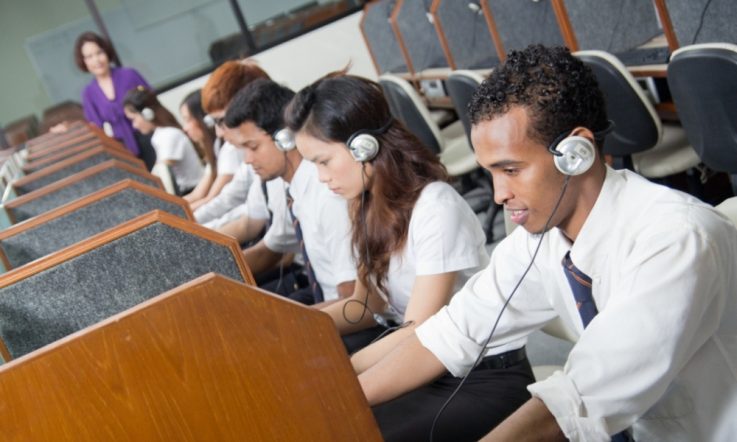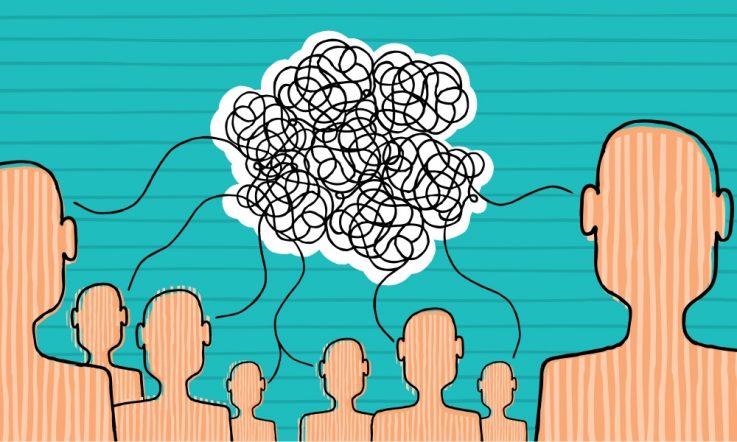Over the next few months Teacher will be following Bialik College on its professional learning journey, as part of ACER's Rolling Summit on assessment reform.
In a bimonthly series, Fiona Gordon, Director of Learning and Innovation at the K-12 school in Melbourne, will be documenting the successes and challenges. Here, she begins with an overview of some of the research programs being developed by staff.
At Bialik College the learning programs are developed using Cultures of Thinking practices. The Reggio Emilia approach also pervades all curriculum decisions.
As part of a matrix of professional learning offerings in 2015, teachers applied for innovation seed grants from the college - these opened opportunities for teams of teachers to develop their own investigations.
Eight proposals, from the Early Learning Centre (ELC) to Year 12, were funded. Other teachers have chosen to be involved in book circles, professional learning conversations or the development of workshops for Bialik's fifth Cultures of Thinking Conference.
Twenty teachers opted into classroom inquiry projects, in association with Ron Ritchhart and Mark Church from the Harvard Graduate School of Education's research group Project Zero.
Staff-developed research programs
Supported by Harvard consultants and her Bialik study group, Judith Blumberg from our ELC is researching student learning through the provision of ‘Loose Parts'. This inquiry is linked to her team's seed grant, which was awarded to promote creative play. She is focusing her pedagogical documentation on gender difference.
Janis Kinda is investigating the power of mindfulness in assisting Year 4 students to focus. Using conversational protocols, students will reflect on their interactions and relationships. The verbal discourse in the classroom will be investigated and data will be gathered. Meanwhile, in Year 5, Caity Faiman is exploring strategies for Maths extension students to build the capacity to be challenged while in a state of disequilibrium.
A Daniel Wilson seminar in the Project Zero classroom in Boston last year triggered Saroj Singh's inquiry into how she can give permission to students to document their own thinking in Year 5 and 6 History. The Post-it Notes app allows scanning and manipulation of ideas and the tracking of patterns for data collection to capture threads of thinking. She will investigate how the 'extend, sort and collaborate' routine can help the independent evaluation of thinking. She is also creating rubrics with students, to internalise markers of quality that will enable students to judge their own work.
Tali Caplan is helping students from Years 7 to 9 identify the ways they can use reflection and rubrics to improve their understanding of art practice and be more involved in the assessment of their work. Using the idea of feeding forward rather than feedback, she is focused on how connections may be more visible for students. Caplan is looking at exit tickets, the ‘IQ routine' or ‘take-aways and questions forward' to support the development of reflective dispositions.
In Year 12 Drama, Eli Erez is addressing the puzzle that his students love to create through improvising or scripting, but their research is often superficial. Through investigating how thinking can be made visible, the aim is for students to explore the emotional landscape for their ensemble performance and deepen the quality of their research. Erez is using the CamScanner app to develop visual cues for self-assessment.
These inquiries, and the many others being carried out at Bialik, are key to our curriculum improvement process. Flexible learning, interdisciplinary investigations and a focus on understanding will continue to drive a need to reform assessment as we move towards our goal of personalised learning.
We look forward to sharing our journey with you in the coming months.



